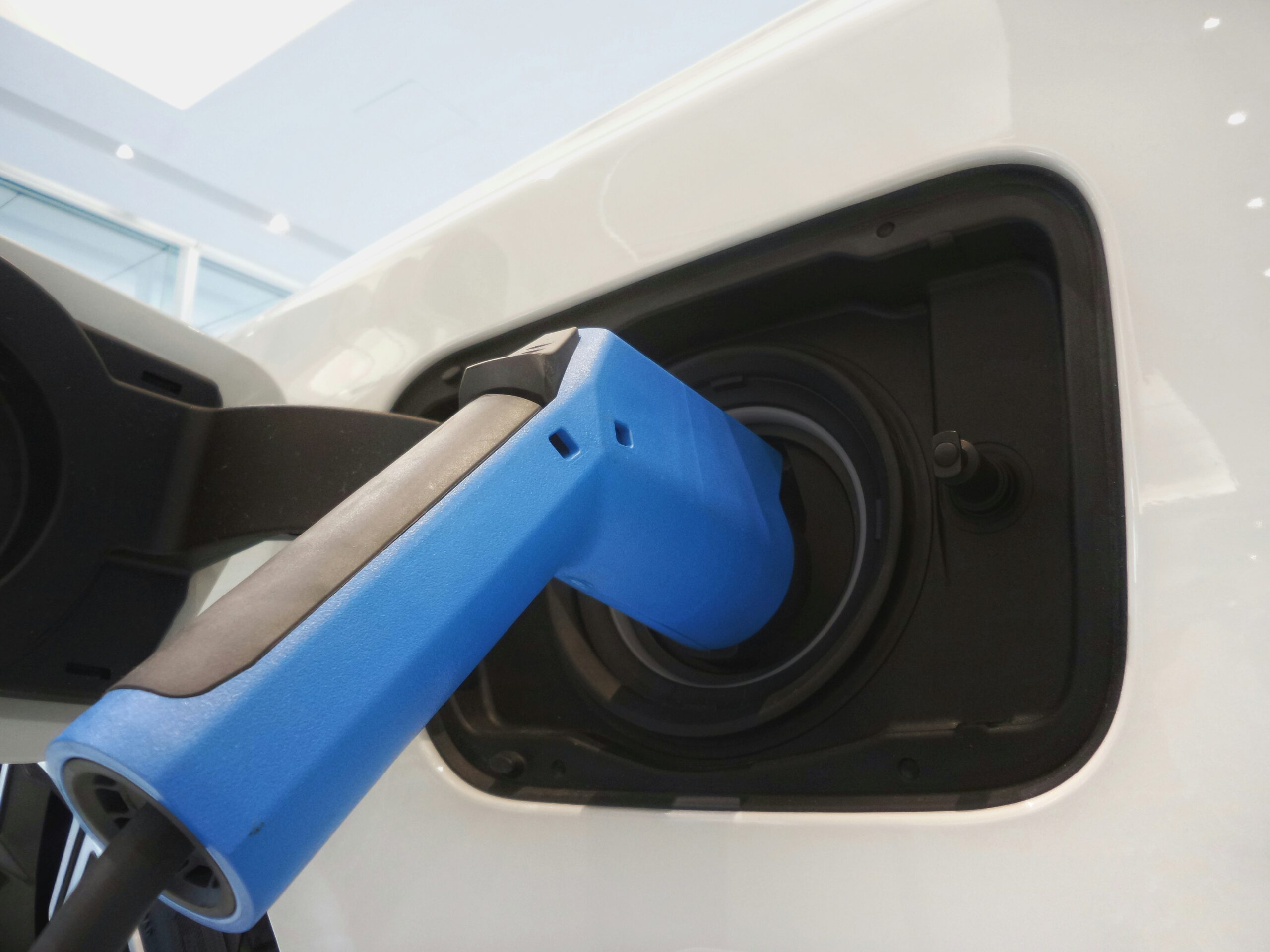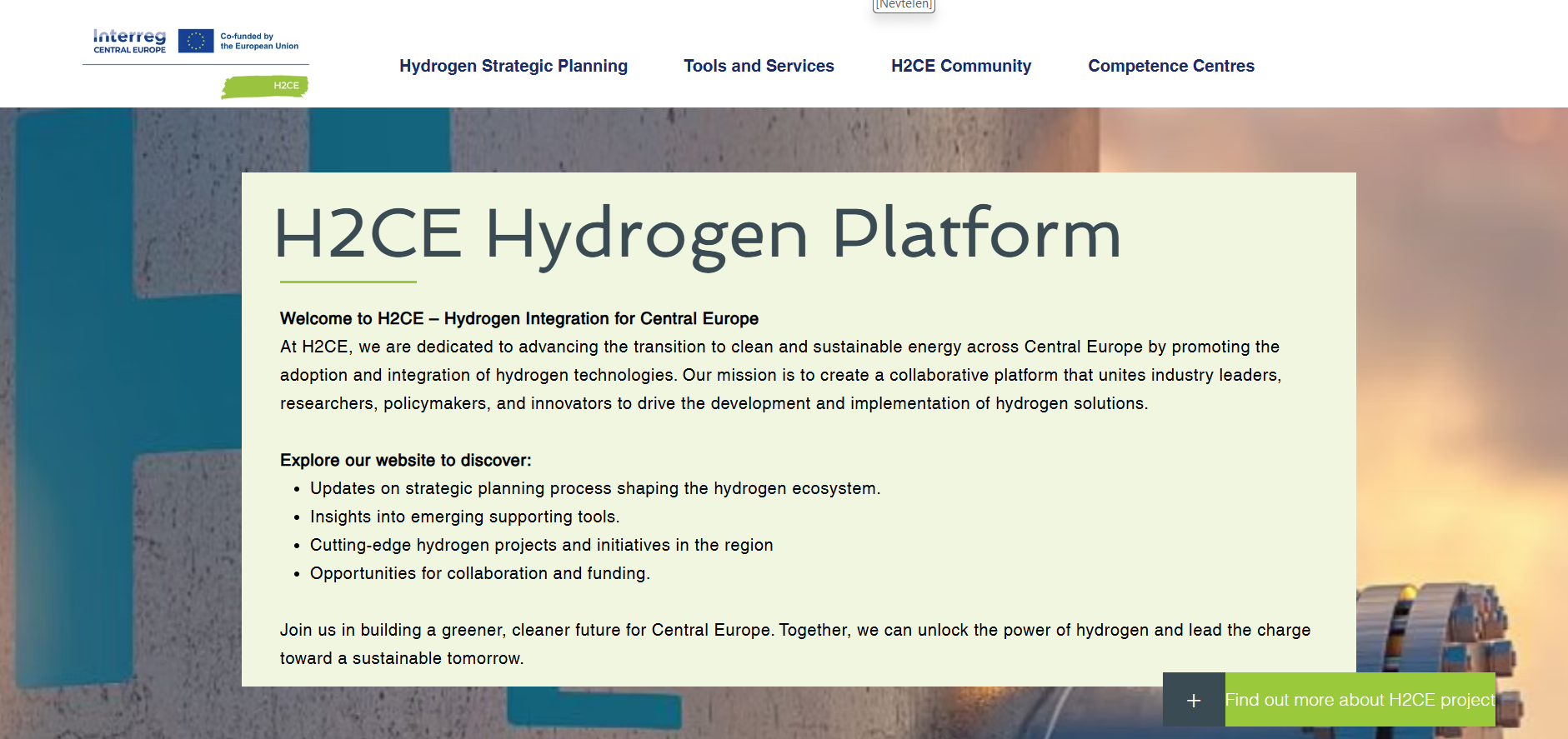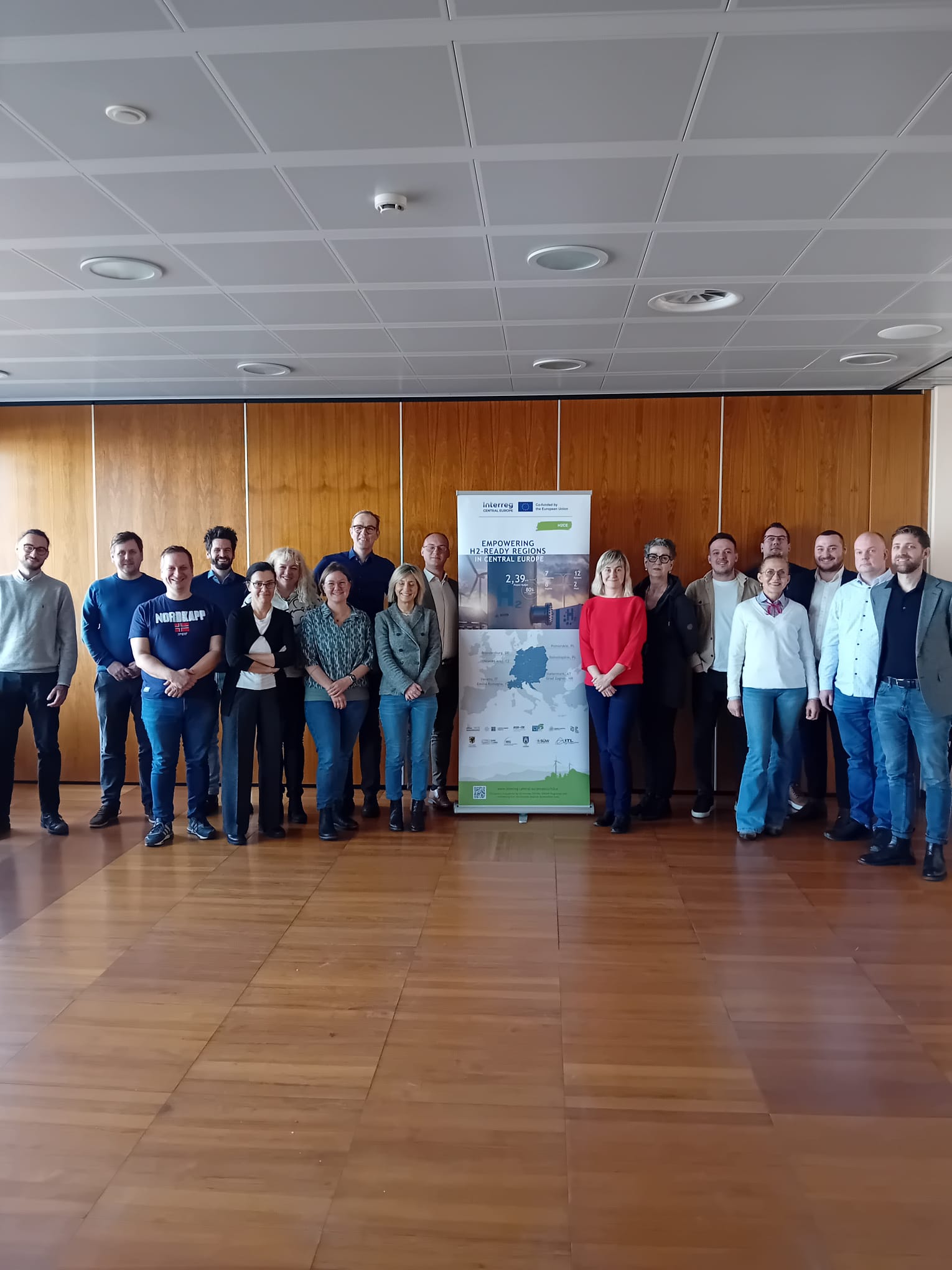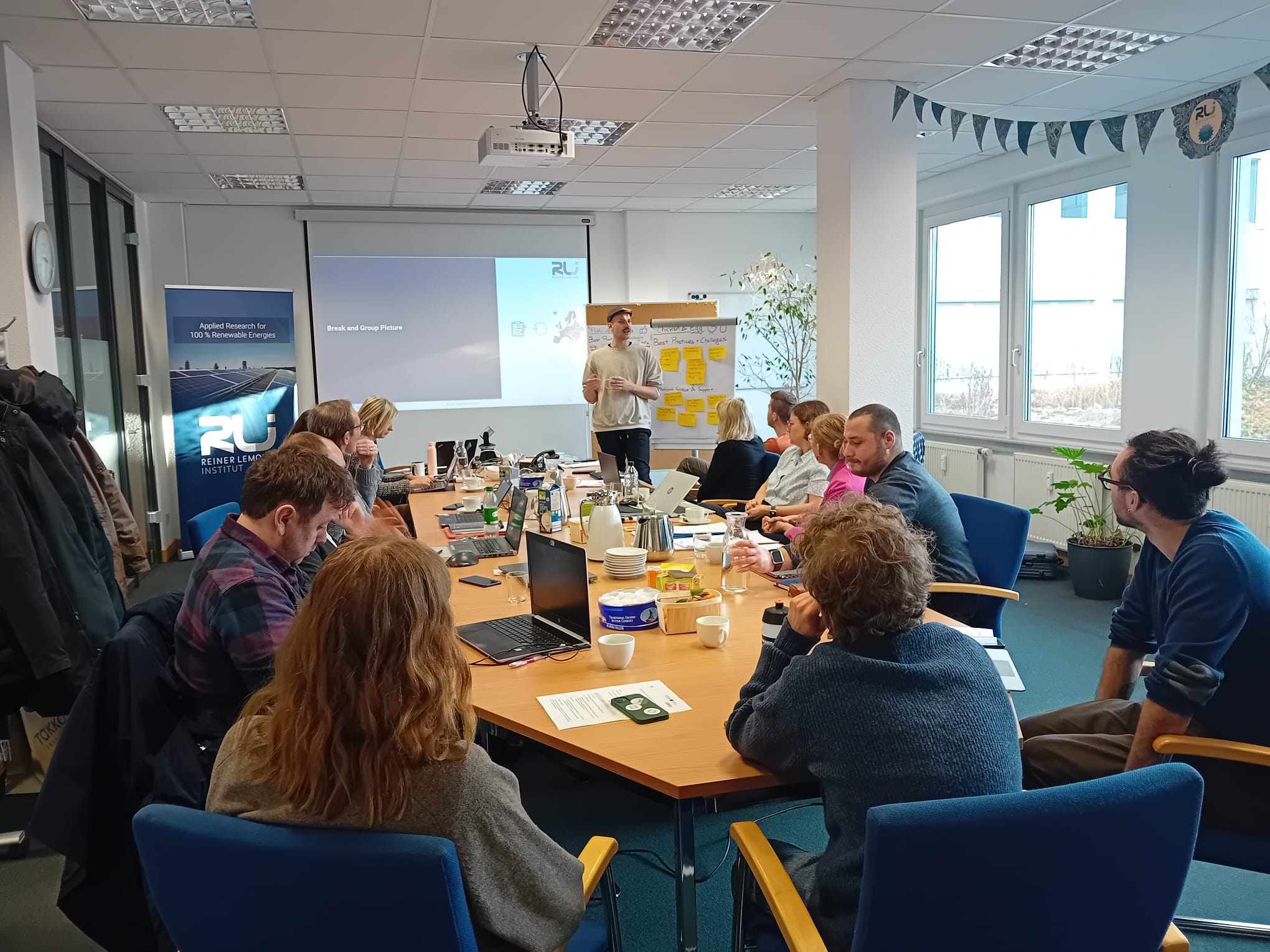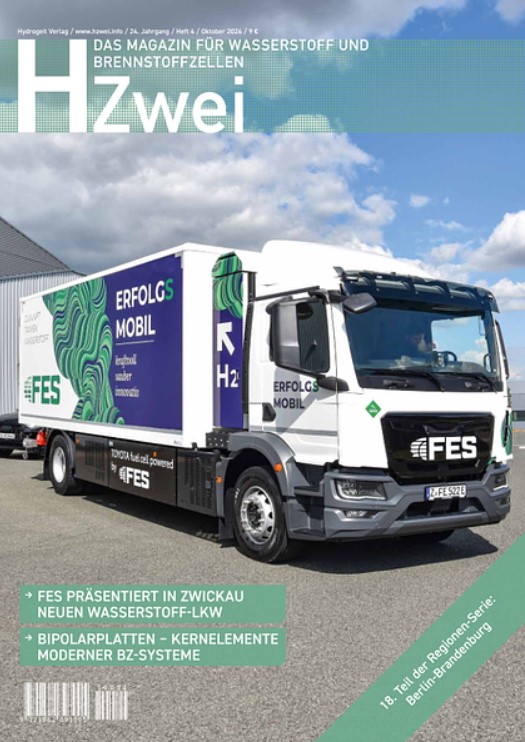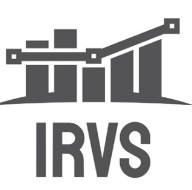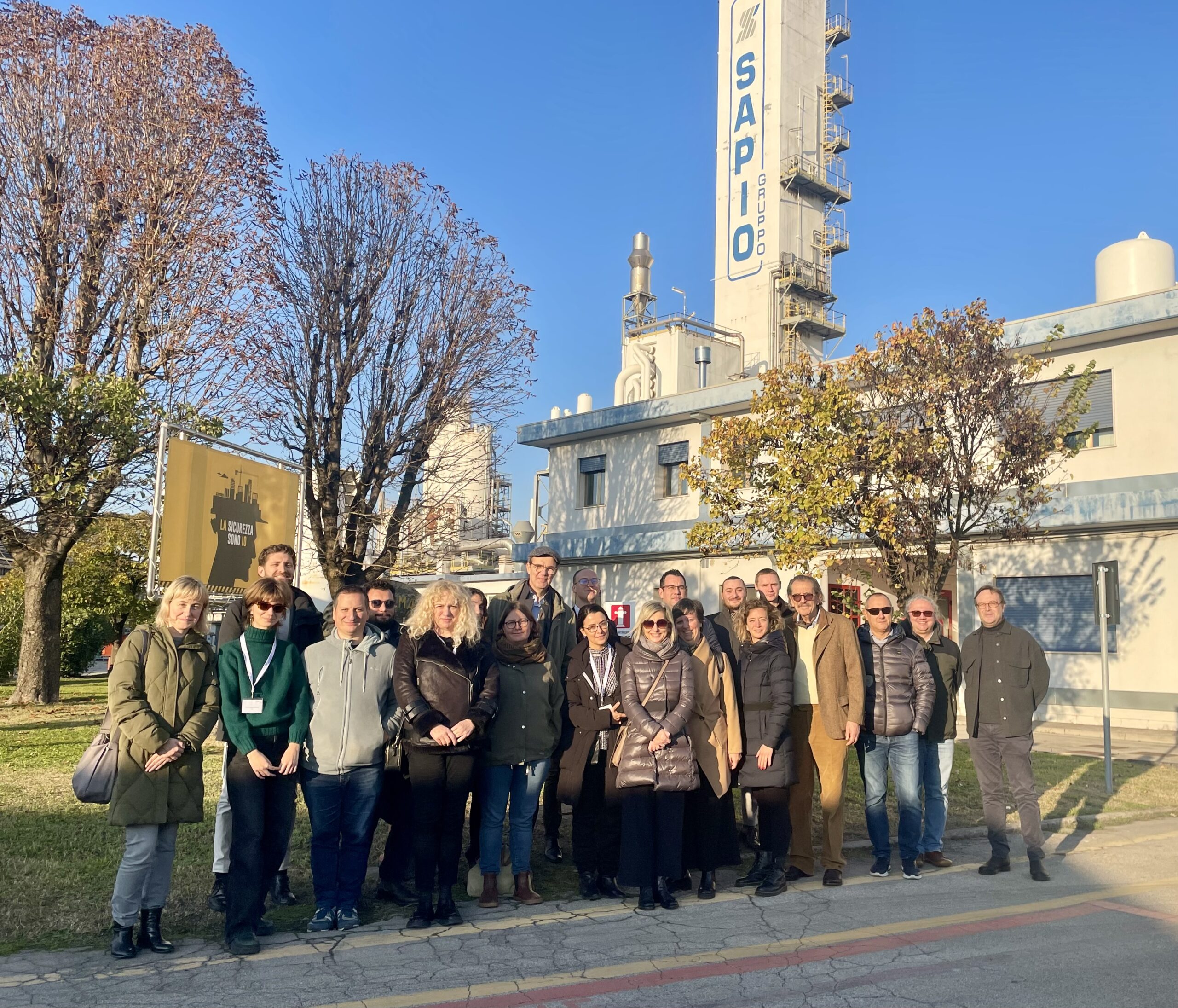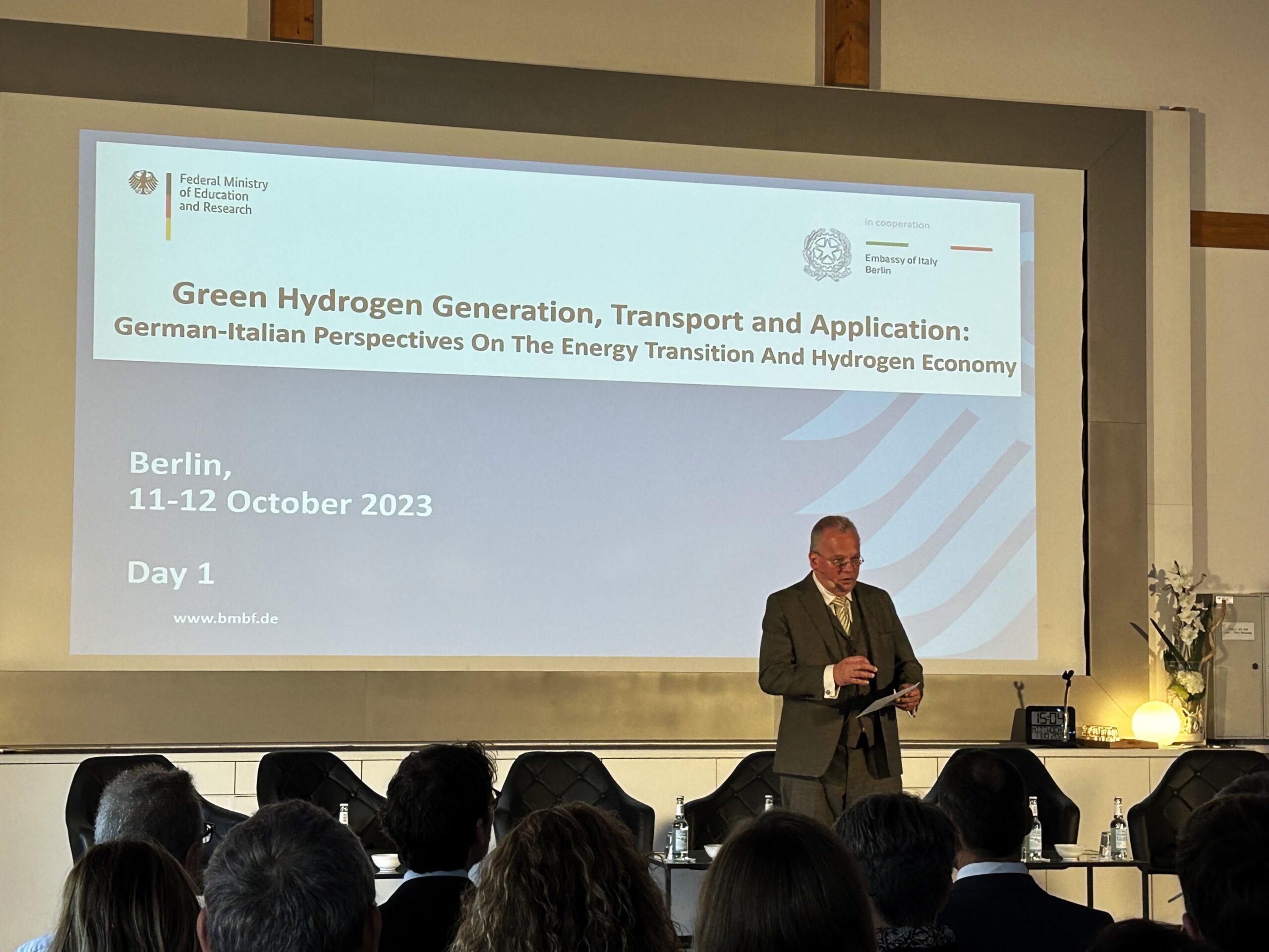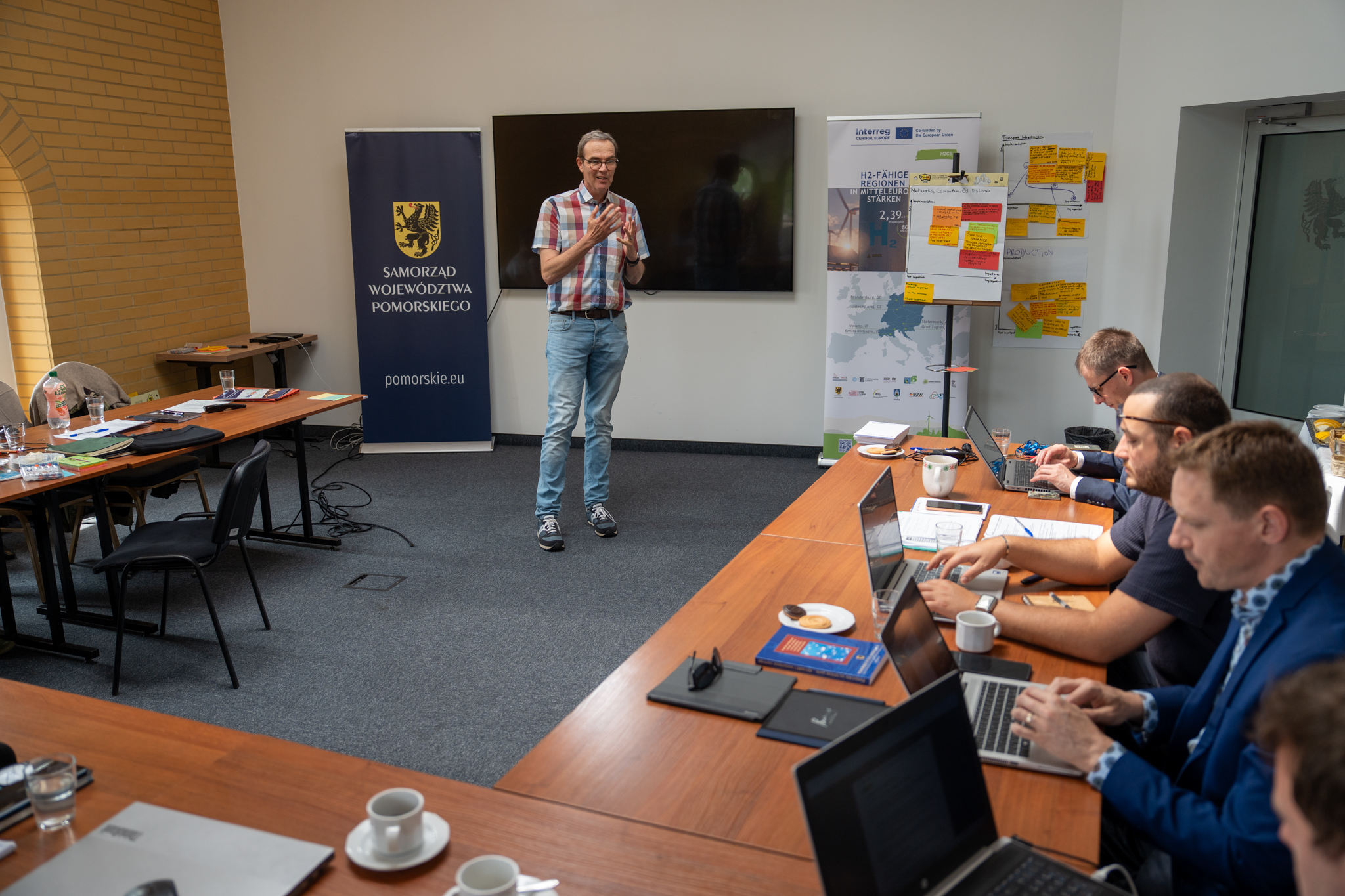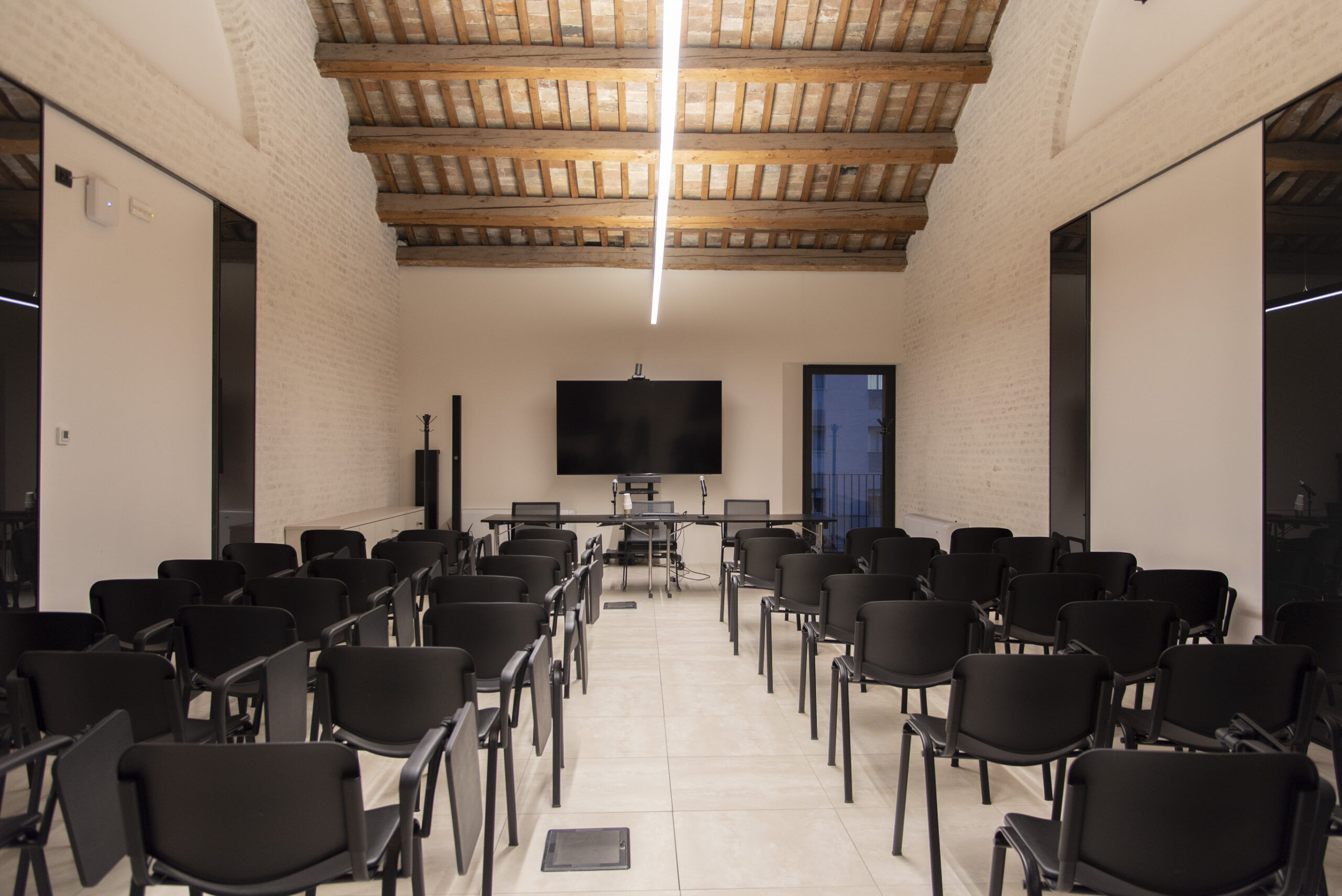Project overview
Empowering H2-ready regions in Central Europe
Transitioning to green energy is key to tackling climate change and creating sustainable economies. Green hydrogen holds significant promise but accounts for less than 2 percent of Europe’s current energy consumption. The H2CE project helps regions in central Europe to boost the integration of hydrogen in their local and regional energy planning. The project develops and tests new planning tools for public authorities and creates a network of hydrogen-ready regions for good practice exchanges.
-
2,38m €
-
Project Budget
-
80%
-
of the Budget is funded by ERDF
-
7
-
Countries
-
9
-
Regions
-
12
-
Partners
-
2
-
Pilots
Duration
Start date
End date
Project progress
About the project
Project partnership
Project partners

Lead partner
Joint Spatial Planning Department Berlin-Brandenburg
European Spatial Development
14467 Potsdam
Project partner
Division Regional Development
16816 Neuruppin
Executive board
30175 Marghera - Venezia
Office of the Marshal of the Pomorskie Voivodeship Department of Economic Development
City Office for Economy, Environmental Sustainability and Strategic Planning Sector for Energy & Climate
Roadmap
The Challenge
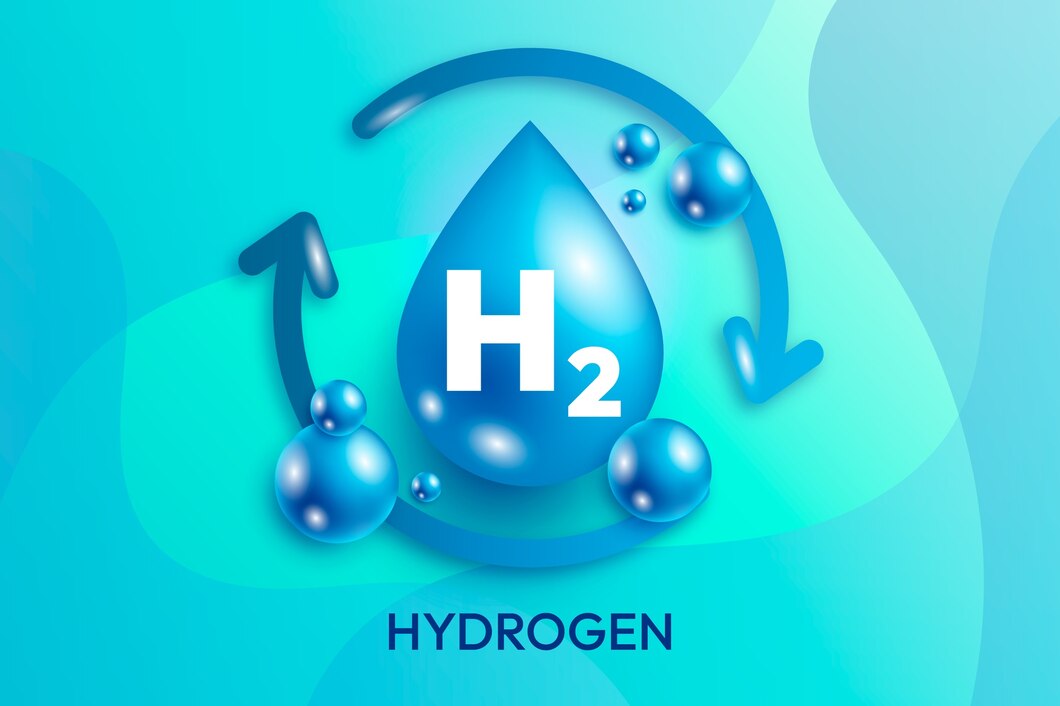
H2CE tackles the main challenges of integrating hydrogen solutions and renewable energies into regional energy transitions to reduce greenhouse gas (GHG) emissions across various sectors. The project emphasizes adaptive energy planning at local and regional levels in EU regions.
Why a cross-regional approach?

Transnational cooperation is required to make the best use of it in the transition phase by synchronising projects, capacities & infrastructures & avoiding gaps or overcapacities. Transnational collaboration may accelerate learning curves and capacity building through shared expertise and experiences and strengthen local and regional stakeholders in situations of scepticism, criticism, or even hostile offences – situations to expect and handle in times of change and uncertainty. Please take a look at the outputs elaborated by the H2CE partnership so far.
STEP 1: H2-ready for European and regional spatial planning and development
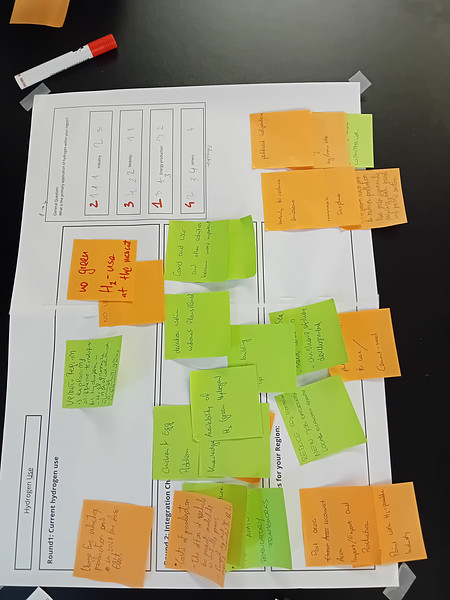
Three jointly developed strategies will be carried out by partner organisations, adjusted to their specific conditions, completing each other, and adopted during the project's lifetime Please take a look at the outputs elaborated by the H2CE partnership so far.
STEP 2: H2-ready regions: Support mechanisms for energy system transition and participation
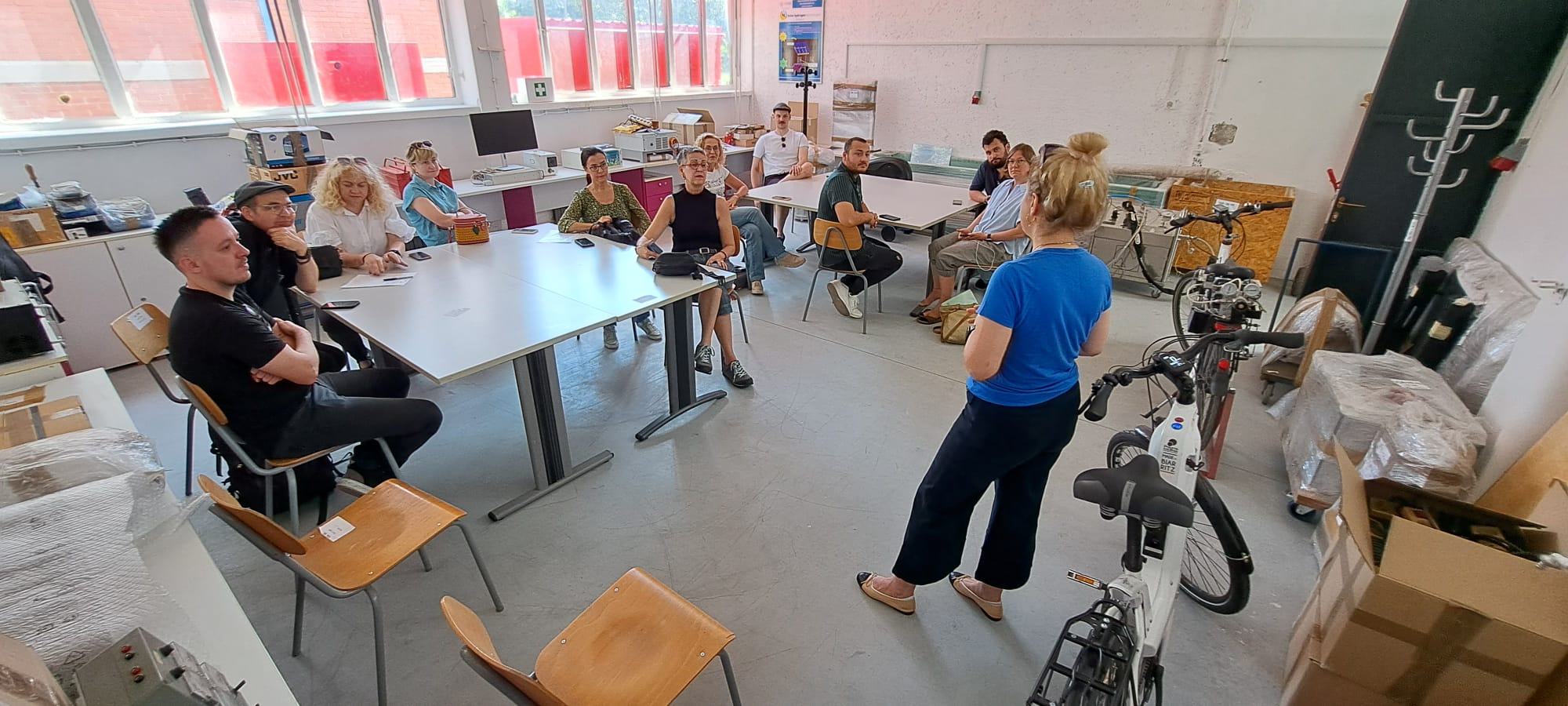
Testing of a common framework for setting up virtual regional Competence Centres for a better understanding of existing and required H2 capacities/expertise, resulting in testing & codesigning the transnational profiles of H2 experts. Please take a look at the outputs elaborated by the H2CE partnership so far.
STEP 3: Developing Central Europe Hydrogen network and Collaboration Platform

Establish a network of key public and private stakeholders at local, regional, and transregional levels in 9 Central European regions to establish H2-ready regions, including an online interactive Collaboration Platform. Please take a look at the outputs elaborated by the H2CE partnership so far.
News
Events
Pilot actions
Outputs
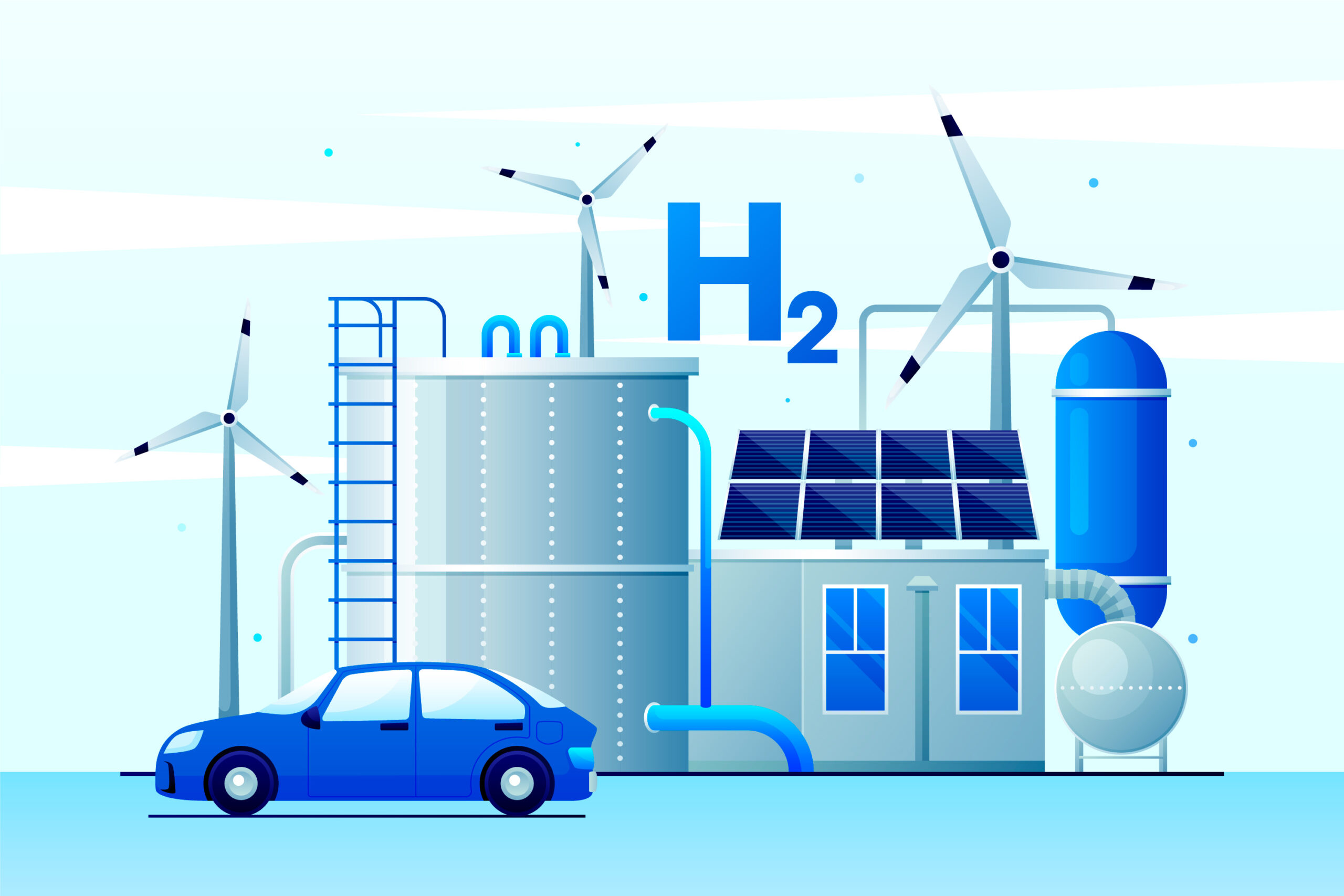
Strategies for H2-ready regions

Joint Action Plans for H2-Ready Regions

Tool for strategic decision support and planning

Testing of setting up regional H2 Competence Centres

Transnational Network of H2-Ready Regions

H2CE solutions - Handbook for hydrogen strategic decision-making

H2CE solutions - Regional H2 Competence Centres
H2CE
The project lead partner is responsible for the content of this project website.
